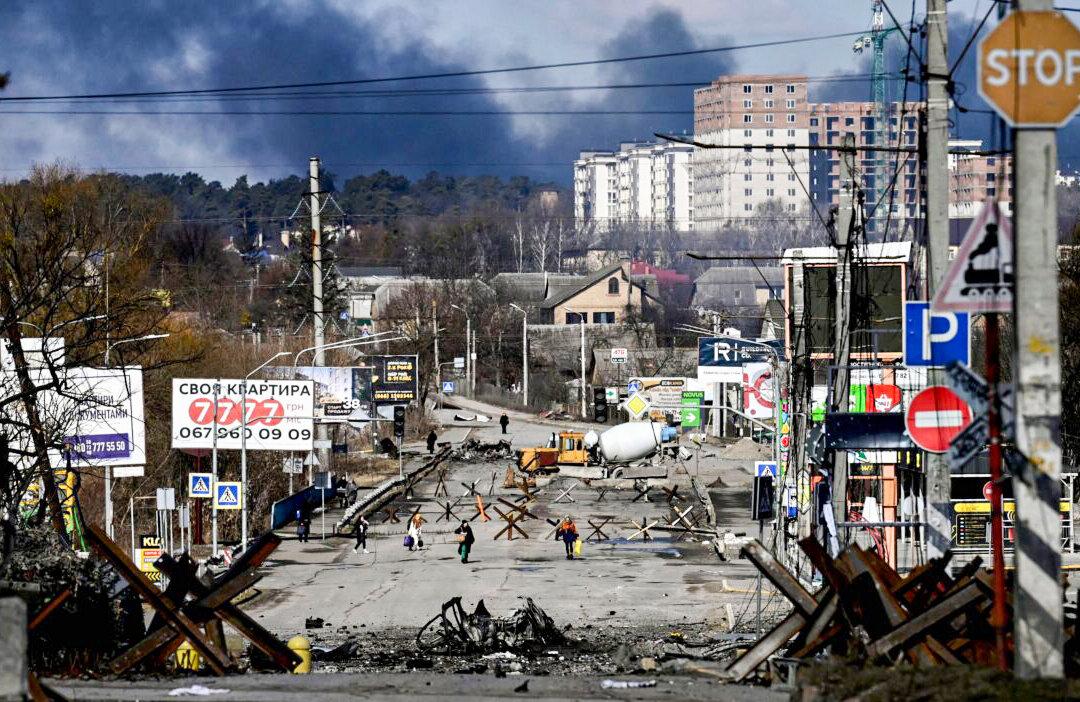The use of chemical weapons by Russia would “totally change the nature of the conflict” in Ukraine, said NATO Secretary Jens Stoltenberg on Wednesday.
Without elaborating, Stoltenberg told reporters that using such weapons would be a “blatant violation of international law and of far-reaching consequences.” He didn’t elaborate.





